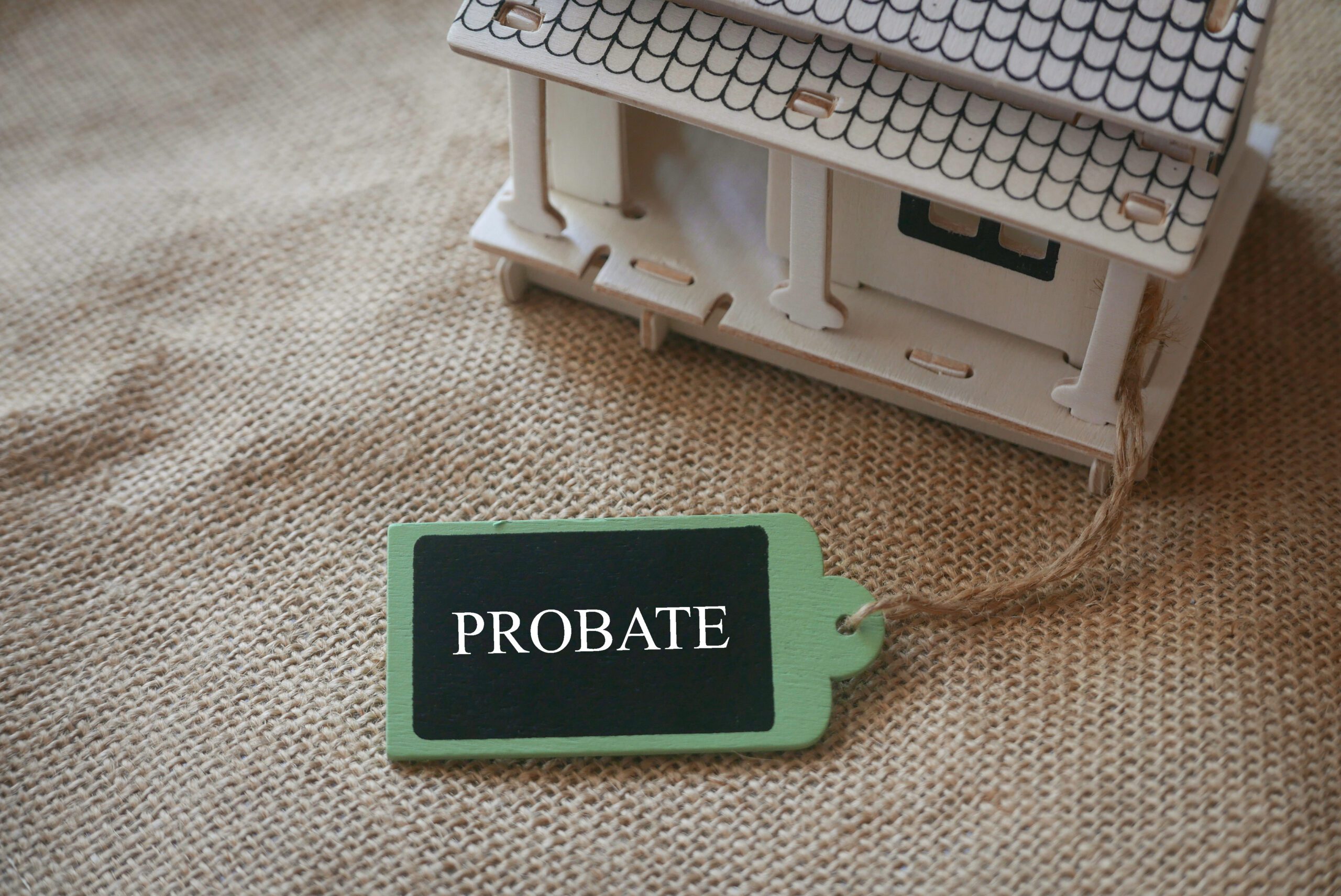

The Basics of Probate in Michigan
In the wake of a family member’s death, legal jargon and paperwork are the last things anyone wants to tackle. Unfortunately, the probate process often requires you to do just that. It’s hard. It’s stressful. But you don’t have to go through it alone.
At Mihelich & Kavanaugh, PLC, our Shelby, MI, probate lawyers take on every step of the probate process, allowing families to work through their grief while we handle the estate.
What Is Probate?
Probate is the legal process of closing someone’s estate after their death. To go through probate, the court will validate the deceased person’s will (if one exists), then the executor or administrator of the estate will identify and inventory the assets, have those assets appraised, pay any taxes or debts, and then distribute the remaining assets to the beneficiaries as outlined in the will. If there’s no will, state laws dictate how the assets are divided.
In Michigan, probate also involves appointing a personal representative (also called an executor) for the deceased’s estate. This person is responsible for managing the estate and seeing it through the probate process. If the deceased person’s will appoints someone as the executor, that individual will typically serve in this role. However, if there is no designated executor or there’s no will, a Michigan probate court will appoint one.
Do All Estates Go Through Probate?
In Michigan, not all estates need to go through probate. In fact, certain circumstances can exclude an estate from the probate process entirely. Here are the primary scenarios that require the probate process:
- The person has passed away without a will.
- The deceased had a will but did not have a living trust.
- The deceased had a living trust, but there are disputes contesting it.
But what about when probate isn’t necessary? Michigan law outlines three primary circumstances where certain assets are exempt from probate court:
- Jointly owned assets
- Assets with designated beneficiaries
- Assets held in a living trust
Additionally, Michigan law allows for a simplified process for estates with a value of less than $25,000 after burial and funeral costs.
What Are the Main Steps in the Probate Process?
The probate process in Michigan typically involves several key steps:
- Filing a petition with the Probate Court: If there’s a will, the executor should file a petition with the appropriate Michigan probate court. If there’s no will, an interested party – usually a close family member – can file the petition. The purpose of this step is to officially open the probate case and appoint a personal representative (or executor) to handle the deceased person’s estate.
- Notifying heirs and creditors: After the personal representative is appointed, they must notify all potential heirs and creditors of the estate. This includes immediate family, named beneficiaries, and any organizations or individuals to whom the deceased may have owed money.
- Taking inventory of the estate’s assets: The personal representative must identify and obtain appraisals of the deceased’s probate assets. This could include real estate, vehicles, personal belongings, bank accounts, and investments, among other assets.
- Paying the estate’s debts, expenses, and taxes: Once the assets have been appraised, the personal representative uses those assets to pay any remaining debts or bills the deceased left behind, as well as any taxes the estate owes.
- Distributing remaining assets to heirs: After all debts, expenses, and taxes are paid, the remaining assets are distributed to the heirs according to the will. If there is no will, Michigan law dictates how these assets should be divided.
- Closing the estate: Once all other tasks are completed, the personal representative can file a final account with the probate court, outlining the estate’s assets, any expenses, and distributions. If the court approves, the estate is closed, and the personal representative’s duties are concluded.
As you can see, getting an estate through probate takes a lot of work, and it’s challenging to manage when you are grieving. The Shelby probate attorneys at Mihelich & Kavanaugh, PLC can take on this burden. Call 586-884-6562 or fill out our online contact form for a consultation about how we can help.







